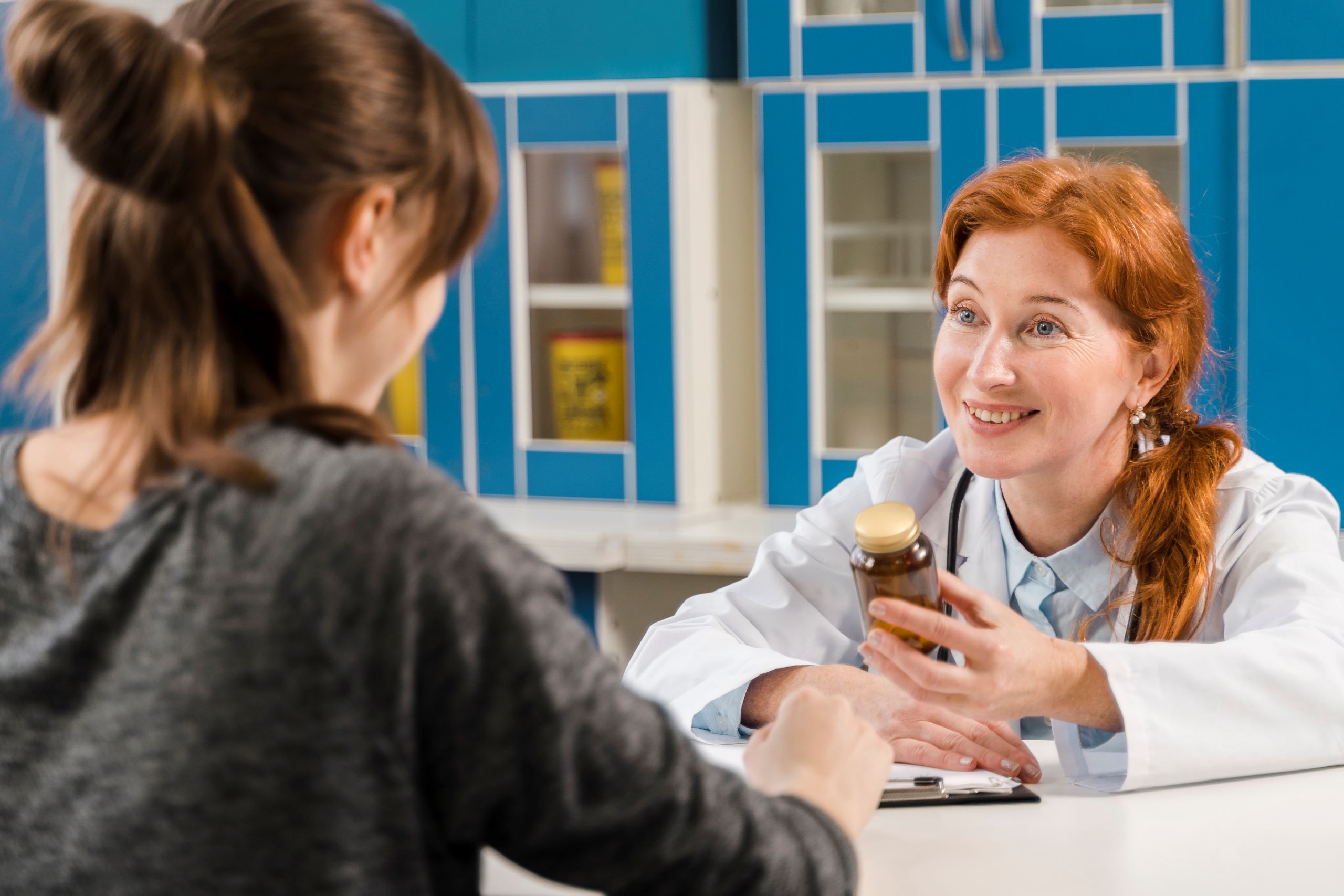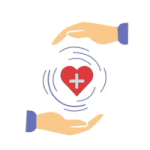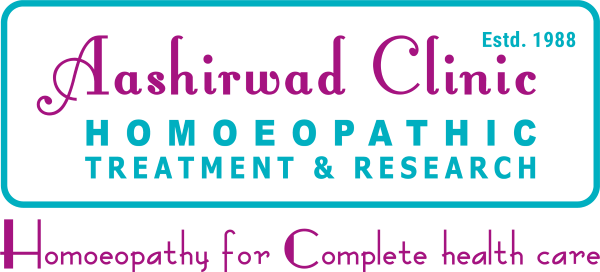- Book in Advance: To ensure availability, we highly recommend scheduling your appointment at least a day before your intended visit. This allows us to better accommodate your needs.
- How to Book: You can book your appointment by calling our clinic, visiting our website, or through our clinic app. Select the preferred date and time that suits you best.
- Cancel if Needed: If you are unable to attend your appointment, please inform our clinic staff as soon as possible. This helps us offer the time slot to another patient in need.
- Online Consultation Booking: After confirmation from clinic staff a telephonic and web based call conference can be arranged on the scheduled time. Please ensure you keep all necessary medical investigation documents ready to discuss with the Doctor.
HOMOEOPATHY
- HOME
- HOMOEOPATHY
Homeopathy is an alternative medicine system developed in the late 18th century by German physician Chritian Friedrich Samuel Hahnemann. It is based on two main principles that guide its practice:
The Law of Similars (Like Cures Like)
This principle suggests that a substance causing symptoms in a healthy person can be used to treat similar symptoms in a sick person. For example, a substance that causes symptoms of a fever in a healthy person might be used in diluted form to treat a fever. This concept is akin to the idea of using small doses of allergens in allergy treatments to desensitize the body.
The Law of Minimalism
Homeopathy relies heavily on the concept of serial dilution and succussion (vigorous shaking). The original substance is diluted many times in water or alcohol, with the belief that each step of dilution followed by succussion increases the remedy’s potency. This often results in solutions where the final product contains little to none of the original substance, yet is believed to retain its therapeutic properties.
Key Concepts in Homeopathy
- Potentization: This process involves diluting a substance and shaking it vigorously (succussion). Homeopaths believe this process transfers the "essence" or "vital energy" of the substance to the diluent, making it therapeutically active despite the extreme dilution. Potentization is central to homeopathic remedy preparation, distinguishing it from other forms of medicine.
- Remedies: Homeopathic remedies are prepared from natural sources, including plants, minerals, and animals. They are available in various forms such as tablets, liquids, creams, and pellets. Remedies are typically chosen based on the specific symptoms and overall health profile of the patient.
- Individualization: Treatment in homeopathy is highly individualized. Practitioners consider the patient's physical, emotional, and mental symptoms, as well as their overall constitution, to select the most appropriate remedy. This personalized approach aims to treat the whole person rather than just the disease.
Homeopathic Consultation
A typical homeopathic consultation involves a detailed interview where the practitioner gathers comprehensive information about the patient’s health, lifestyle, and symptoms. This holistic assessment helps in selecting the most suitable remedy that aligns with the patient’s unique symptom profile and overall constitution.

Preparation of Homeopathic Remedies
Homeopathic remedies undergo a specific preparation process:
- 1. Selection of Raw Material: Natural substances such as plants, minerals, or animal products are selected based on their therapeutic potential.
- 2. Mother Tincture: The raw material is macerated in alcohol or water to create a concentrated extract, known as the mother tincture.
- 3. Dilution and Succussion: The mother tincture is then diluted in a series of steps. Each dilution is followed by succussion. This process is repeated multiple times to achieve the desired potency.

